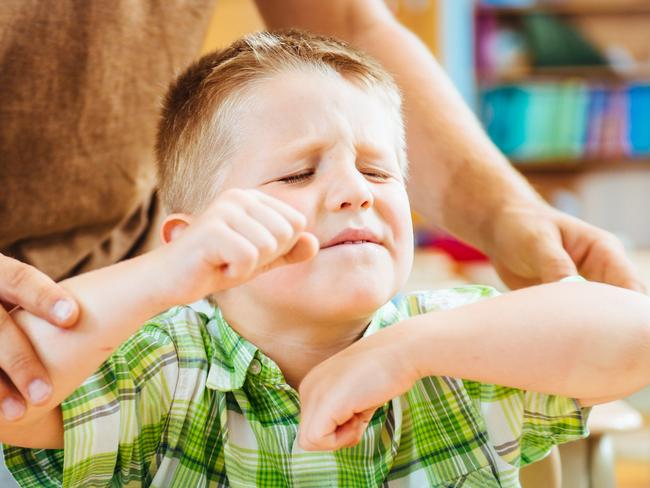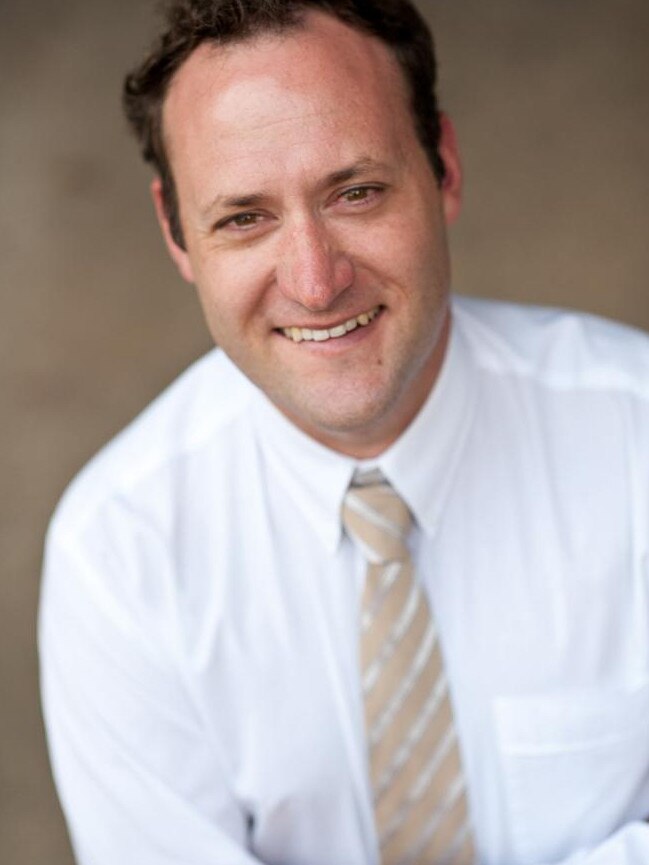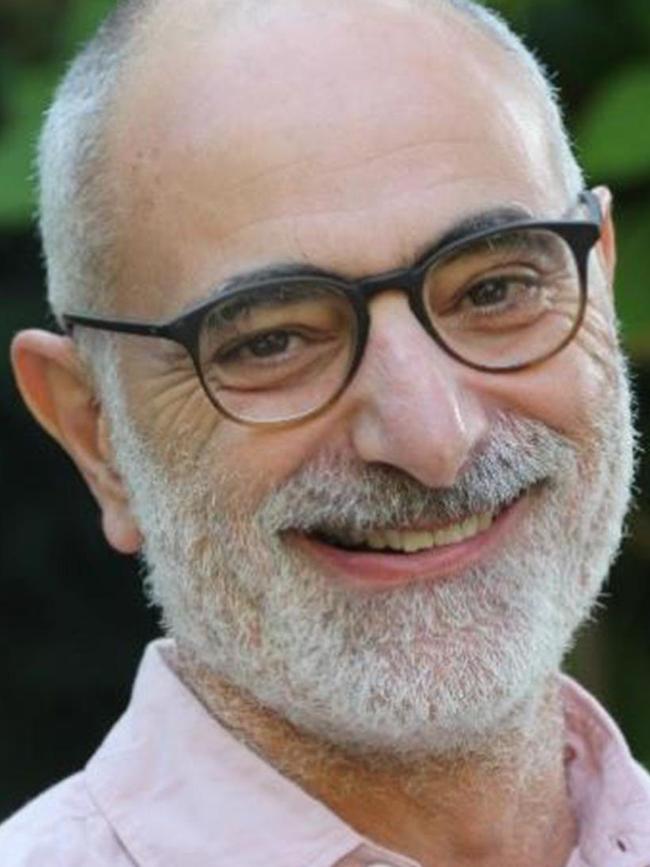ADHD medications allowed for kids under 6 under proposed guidelines
Guidelines for ADHD treatment have been mired in controversy for decades – and new plans are no different. VOTE, HAVE YOUR SAY
National
Don't miss out on the headlines from National. Followed categories will be added to My News.
EXCLUSIVE: Children under the age of six could be prescribed ADHD medication as a first line treatment, if draft new Australian guidelines for the condition are approved.
A fresh review of how to manage the condition claims medication is most effective when combined with lifestyle changes, non-pharmacological interventions and parental training.
And the taxpayer-funded document urges doctors to consider and treat other health conditions in the child including anxiety, autism, foetal alcohol spectrum disorder, epilepsy, acquired brain injury.
The Therapeutic Goods Administration has not approved medicines for the treatment of ADHD in children aged younger than six years.
Yet the draft guidelines — the first to be compiled for the condition in 10 years — say they could be used off label in this age group if approved by a specialist.
“For children under six years: Medication should not be given to young children without an opinion from a specialist with expertise in child development and managing ADHD in young children (either a paediatrician or a child psychiatrist). The younger the child, the more caution should be exercised,” the draft guidelines read.
The 2012 Current Clinical Practice guidelines advise against using medication as a first line treatment in young children.
“Psychological, environmental and family interventions should, if possible, be trialled and evaluated before starting any medication treatment. If all of these other interventions have not been effective then stimulants might be considered,” the current guidelines read.
A Deloitte report estimates more than 800,000 people in Australia live with ADHD which is a neurodevelopmental disorder that typically presents before 12 years of age. Symptoms include difficulties with attention and/or hyperactivity and impulsivity.
The new guidelines were drawn up by the Australian ADHD Professionals Association (AADPA) — a group including psychiatrists, paediatricians, psychologists, allied health providers and ADHD coaches “motivated by a desire to see a better deal for those Australians living with ADHD”.
“We have done the most comprehensive evaluation of evidence relating to ADHD since the highly influential, NICE 2018 guideline that came out of the UK and in fact, our guideline is, is in part, an update of that,” AADPA president and Monash University Professor Mark Bellgrove said.

Treating the condition could be “not just life altering, it is actually lifesaving” because ADHD sufferers are at increased risk of premature death and suicide.
He said after public consultation the section on medicating children younger than six now focuses more on non pharmacological interventions and recommends that medication could be offered if there is significant impairment.
Strategies for treating the condition have been mired in controversy for more than a decade with the National Health and Medical Research Council (NHMRC) refusing to endorse the 2009 guidelines.
This was because they relied heavily on studies by US researchers who had not declared financial links to pharmaceutical companies producing ADHD medications.
In 2007 paediatrician Daryl Efron who headed the committee working on the Australian guidelines stood down after the Saturday Daily Telegraph queried his links to two major ADHD drug companies.
Professor Bellgrove said despite the AADPA website acknowledging its members had links to companies that make ADHD drugs “we’re entirely confident that we have taken the necessary steps to minimise any impact of conflicts”.


A check of the references for the latest guidelines shows they do include studies by the same US researchers.
Professor Bellgrove said these researchers “were exonerated and cleared of any misconduct regarding their declarations about links to pharma”.
Chair of the ADHD Foundation psychologist Edwina Birch said consumer representatives had been heavily involved in drafting the new guidelines and the changes to recommendations for preschoolers “were informed by the research’.
Adelaide University child psychiatrist Professor Jon Jureidini said an independent group should have been given the job of developing the guidelines.
“You can’t develop a set of guidelines when everybody on the guidelines committee is already of a particular view before the guidelines or even formulated,” he said.
“It’s a bit like saying the coal industry should set guidelines for what is responsible mining and use of coal.”
Anything that lowered the threshold for medicating children should be only done on very high levels of justification, he said.
Former politician turned academic Dr Martin Whitely, whose PHD showed it was the youngest children in a class who were most likely to be diagnosed with ADHD, said “is the best that we can do is give kids a daily amphetamine habit?”





